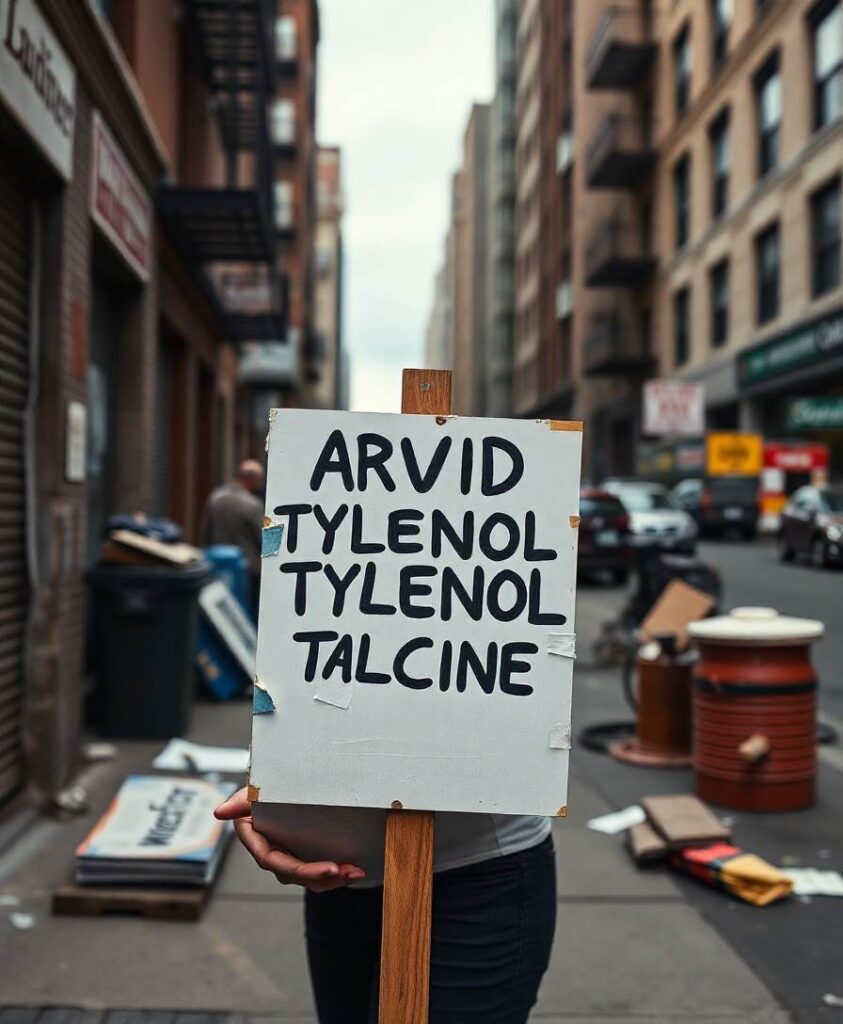When facing a serious health challenge like advanced prostate cancer, the emotional weight can feel overwhelming, even isolating. The physical symptoms—fatigue, pain, or discomfort—often take center stage, but the emotional and mental toll is just as profound. It’s in these moments that unexpected gestures of kindness can serve as a powerful reminder: you are not alone.
In a story that touches on the human need for connection, President Donald Trump’s personal calls to cartoonist Scott Adams after learning about his diagnosis offer a glimpse into how small acts of support can make a significant difference. Adams, best known for creating the comic strip “Dilbert,” shared that Trump reached out twice, offering genuine words of encouragement and a willingness to help. These moments of acknowledgment from someone in such a prominent position may seem minor in the grand scheme, but for Adams, they may have brought comfort and a sense of being seen during a difficult time.
Living with advanced prostate cancer can be a rollercoaster of emotions—uncertainty, fear, hope, and sometimes isolation. It’s natural to seek reassurance, to want to believe that others understand what you’re facing. When a public figure reaches out personally, it can feel like a reassurance that your experience matters beyond just your own circle. It’s a reminder that support can come from unexpected places, and that even small gestures can lift spirits.
The significance of such gestures extends beyond the individual. They highlight a fundamental truth: genuine human connection can be a vital part of health and healing. Whether it’s a call from a friend, a kind word from a stranger, or a gesture from someone in a position of influence, these acts remind us that we are part of a community. When battling a serious illness like prostate cancer, feeling connected—knowing others care—can bolster resilience and provide emotional strength.
For those navigating their own health journeys, the story of Adams and Trump underscores the importance of reaching out and accepting support. Sometimes, a simple message or a kind word can be a lifeline. In a world that often emphasizes independence, it’s crucial to remember that human connection is a core component of well-being. If you’re experiencing health challenges, consider how small acts of kindness—whether from friends, family, or even public figures—can serve as a source of comfort.
Living with prostate cancer involves more than just managing physical symptoms; it’s about nurturing your mental and emotional health. Finding ways to stay connected, sharing your feelings, and accepting support can help you face each day more confidently. The story of Adams and Trump reminds us that even in the midst of serious health battles, acts of kindness and support can illuminate the path forward, making the journey a little easier.

How Small Acts of Kindness Support People With Serious Health Conditions
Supporting someone through a diagnosis of advanced prostate cancer or any serious illness involves more than medical treatment. It’s about acknowledging their experience, offering emotional reassurance, and reminding them they are not alone. A heartfelt call, a supportive message, or simply listening can be some of the most meaningful gestures during a challenging time.
As Adams shared his experience of receiving personal calls from Trump, it highlights how unexpected kindness can serve as a beacon of hope. These moments underscore the importance of community and compassion in health journeys. Whether you’re facing your own health issues or supporting a loved one, recognizing the power of human connection can make a tangible difference in emotional well-being. Remember, even small acts of kindness, like a call or a message, can give strength and comfort when it’s needed most.
Learn More: Trump Surprises ‘Dilbert’ Creator With 2 Calls
Abstract: President Donald Trump personally called cartoonist Scott Adams twice after the “Dilbert” creator revealed he had advanced prostate cancer, offering support and telling him, “If you need anything, I’ll make it happen,” Mediaite reported.
Link: Read Full Article (External Site)

